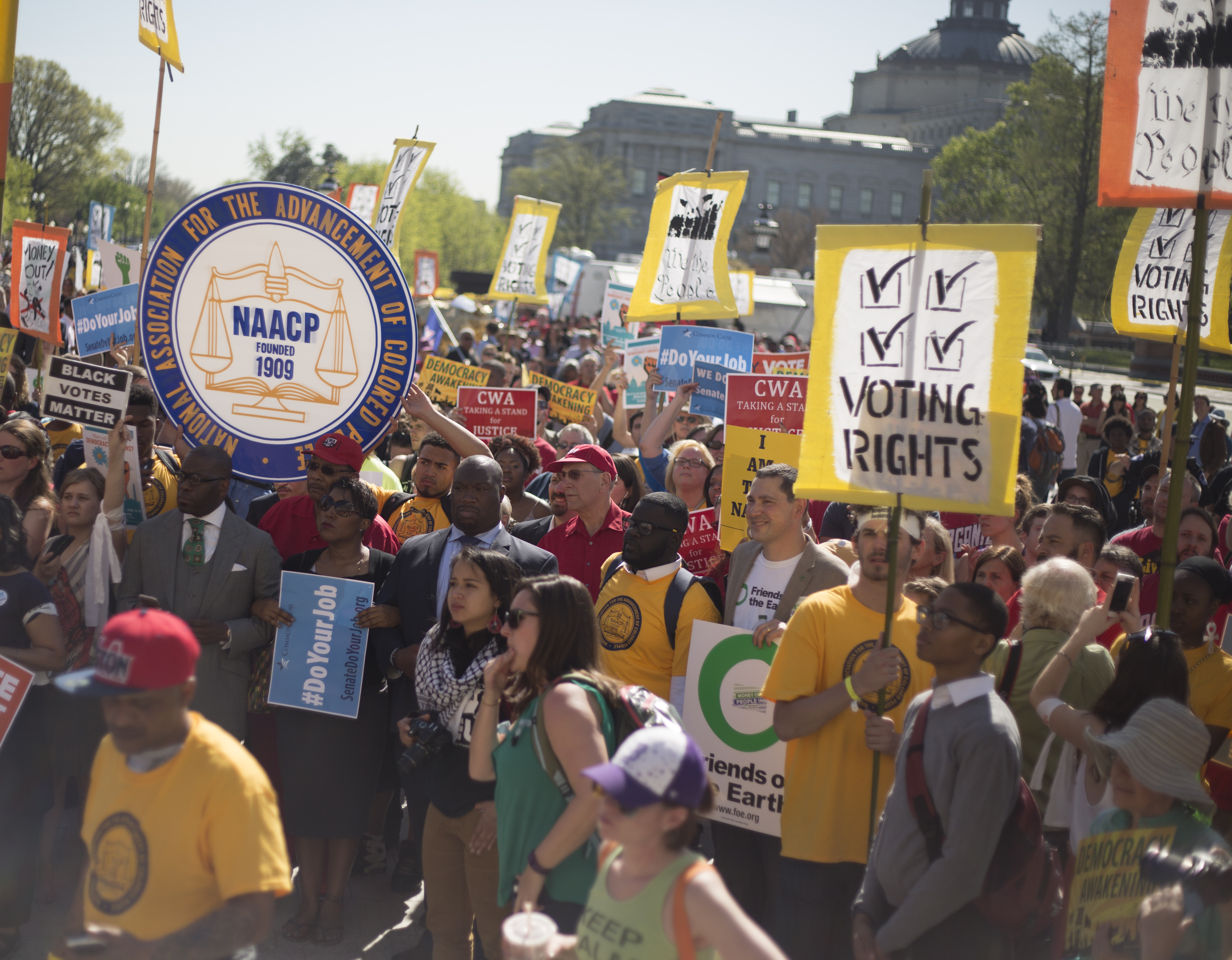Clean Elections, Clean Planet


Why do clean elections matter for the environment?
From climate change to clean water, from healthy forests to safer food, progress on our most important environmental priorities is being crippled by the outsized role of money in politics. In particular, unbridled corporate funding of electoral campaigns has put politicians in the pocket of polluters.
If we want effective environmental policies, we have to reduce the undue influence that oil companies, corporate polluters and big lobby groups have in blocking good laws from being passed and influencing passage of bills that hurt the public.
One important way to clean up the electoral process is by providing public money for use in election campaigns. Public funds allow candidates to rely less on polluter money to pay for campaigns, and more on donations from grassroots constituents. It helps equalize the playing field between big polluters and ordinary voters, and end the “pay to play” culture of today’s politics.
Why would cleaner elections matter for the planet? In poll after poll, voters say that they care about the environment, but it’s hard to get elected officials to take the lead on and support environmental legislation. Environmental issues often end up taking a back seat to the political priorities proffered by big corporate donors. And by the same token, politicians who are the biggest recipients of polluter money often go to great lengths to quash pro-environment bills. Getting big money out of elections would help give environmental issues a fair shake in government.
The battle for campaign cash disclosure in Minnesota
Levels of special interest money in politics have been increasing in Minnesota. Minnesota League of Women Voters pointed out that, since the Citizens United Supreme Court decision, “independent spenders” (special interests who operate separately from political candidates) have poured billions of dollars into billboards, advertisements and mailings designed to influence elections. In fact, during the last election candidates themselves spent about only $9.6, while independent spenders paid almost $13.9 billion electioneering.
This boom in independent expenditures has occurred against the backdrop of weak transparency laws in Minnesota. A 2013 study by the National Institute on Money in State Politics compared campaign finance disclosure laws in different states and gave Minnesota a grade of F. The main reason for this failing mark is because Minnesota has poor rules around electioneering communications. These are ads that, in the words of the Brennan Center for Justice, “trashes the candidate on election eve.” Often they smear (or glorify) someone running for office, but technically do not urge voters to support or oppose a candidate, thus exploiting a loophole in campaign finance disclosure rules.
In May 2014, the Minnesota legislature considered a bill that would have gone a long way in fixing this problem: HF (House File) 1944 and its companion bill in the State Senate, SF 1915. This proposed law would have tightened up many of the big loopholes in the state’s disclosure laws, including the one mentioned above. If enacted, it would have helped Minnesota voters learn more about which special interests are giving how much to which candidates. Shining light on the dark money — money from undisclosed, often non-local sources — can help ordinary voters hold politicians and polluters accountable.
Unfortunately, despite the efforts of Friends of the Earth Action, Common Cause the League of Women Voters, and other allies, the Minnesota legislature did not pass either bill. Although we are disappointed at the ultimate result, we believe that the organizing and groundwork we helped lay has strengthened the movement in support of clean elections in Minnesota. Case in point: our April 30 Rally and Lobby Day, an event FOE co-sponsored with several other groups, which turned out 150 people, including 9 Minnesota legislators.
Zoe Lundy, one of our field organizers described the day:
There were no remaining chairs as concerned citizens overflowed into the hallway. The room felt electric with energy and activism. Colorful signs protesting big money lined the walls, and T-shirts showing members’ group affiliation were abundant. The room fell silent as speakers began to address the crowd…
A long line of MN House and Senate members then came to the podium to speak in favor of our bills. One after one, they thanked the room full of concerned citizens for rallying to get big money out of politics, noting that our grassroots lobbying effort is what will be needed to move House votes in support…
David Zwick, who serves on the national board of directors of Friends of the Earth, walked to the podium with every eye in the room gazing on over 500 postcards fanned out in his hands and another several hundred posted to the wall behind him. These were cards signed by Minnesota members of Friend of the Earth Action in just the last week, asking the Minnesota House leadership to bring HF 1944, the disclosure bill, to a vote.
“Why do our members feel this way? Because they know that this is about more than good government, as important as that is. We know that protecting our environment and health depends on reducing the role of big money in politics,” Zwick said.
And it’s not just environmental causes at stake, Zwick emphasized. “Will we be able to reduce poverty and growing inequality so people have a fair chance in life?” The flood of special interest money in politics, Zwick said, “has become the biggest single barrier to positive change.”
